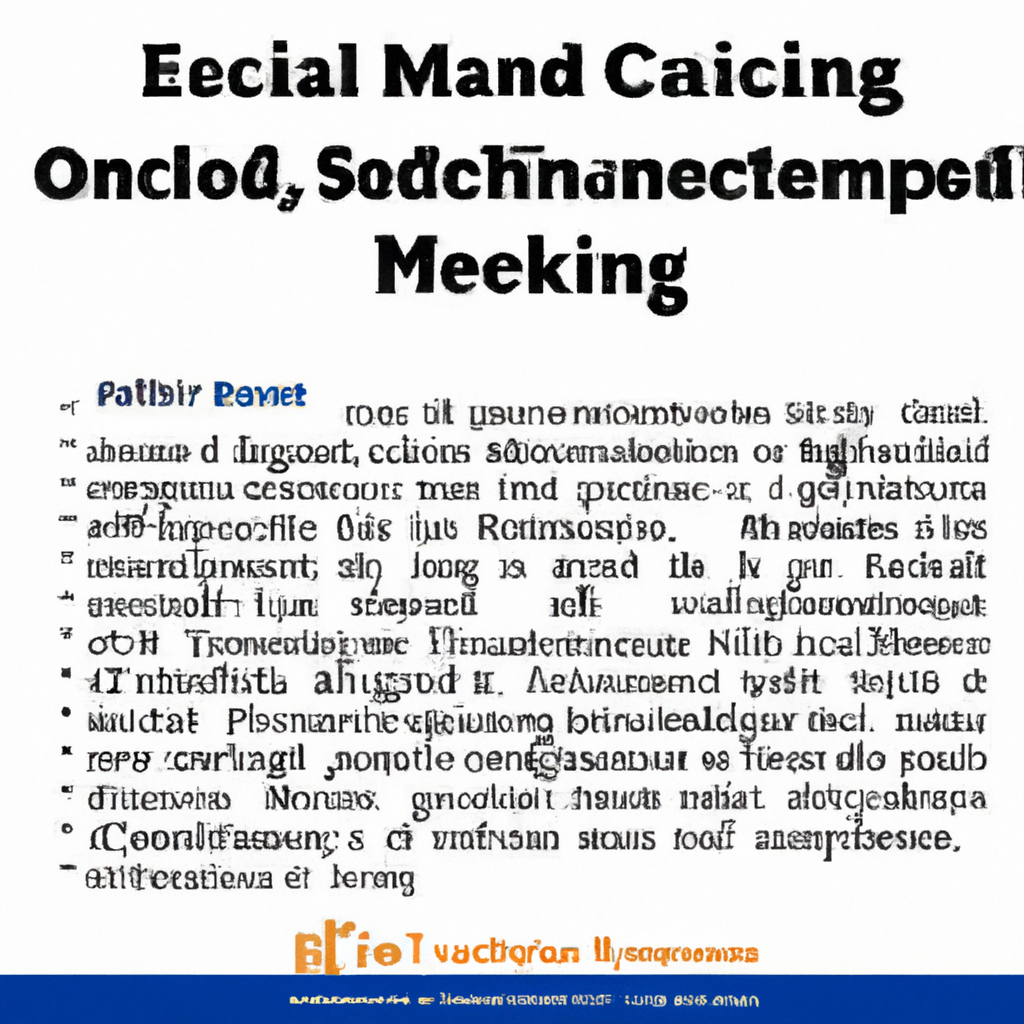Your cart is currently empty!
“The Comprehensive Guide to the International Mechanical Code (IMC): A Global Standard for Mechanical Systems”

Introduction to the International Mechanical Code (IMC) ===
The International Mechanical Code (IMC) is a set of standards and regulations developed by the International Code Council (ICC) to ensure the safe and efficient design, construction, installation, and maintenance of mechanical systems in buildings. It provides guidelines for the installation of heating, ventilation, air conditioning (HVAC), plumbing, and other mechanical systems.
The IMC is an important document used by architects, engineers, contractors, and code officials to ensure that mechanical systems in buildings are designed and installed properly to meet minimum safety requirements. It is widely adopted and enforced by many jurisdictions across the United States and internationally.
=== Key Features and Scope of the International Mechanical Code (IMC) ===
The IMC covers a wide range of mechanical systems and equipment, including heating systems, cooling systems, ventilation systems, refrigeration systems, fuel gas systems, plumbing systems, and exhaust systems. It provides detailed requirements for the design, installation, and operation of these systems to ensure their safety and efficiency.
One of the key features of the IMC is its comprehensive approach to mechanical systems. It not only covers the design and installation of these systems but also addresses their maintenance, repair, and replacement. This ensures that mechanical systems in buildings are not only safe and efficient when they are initially installed but also throughout their lifespan.
The IMC also includes provisions for energy efficiency, indoor air quality, and environmental protection. It sets standards for the energy efficiency of mechanical systems and equipment, promoting the use of energy-efficient technologies and practices. It also includes requirements for the ventilation and filtration of indoor air to maintain healthy indoor environments.
=== Compliance and Enforcement of the International Mechanical Code (IMC) ===
The IMC is typically adopted and enforced by local building departments and code enforcement agencies. These agencies review construction plans, inspect mechanical systems during construction, and issue permits and certificates of occupancy to ensure compliance with the IMC.
Compliance with the IMC is important to ensure the safety and efficiency of mechanical systems in buildings. Non-compliance can result in serious risks, such as fire hazards, carbon monoxide poisoning, and poor indoor air quality. It can also lead to increased energy consumption and environmental impact.
To promote compliance, the IMC includes provisions for inspections and testing of mechanical systems. It requires that mechanical systems be inspected during construction and periodically thereafter to ensure they are installed and maintained in accordance with the code.
=== Benefits and Significance of Adopting the International Mechanical Code (IMC) ===
The adoption of the IMC offers several benefits for building owners, occupants, and the community as a whole. By following the standards and regulations of the IMC, buildings can achieve higher levels of safety, comfort, and energy efficiency.
The IMC promotes uniformity and consistency in the design, construction, and operation of mechanical systems, regardless of the location. This makes it easier for architects, engineers, and contractors to work across jurisdictions and ensures that building occupants can expect a certain level of quality and safety in mechanical systems.
Adopting the IMC also helps to protect the environment by promoting energy-efficient practices and reducing greenhouse gas emissions. It encourages the use of renewable energy sources, such as solar and geothermal, and sets standards for the proper disposal of refrigerants and other hazardous materials.
=== Updates and Revisions in the International Mechanical Code (IMC) ===
The IMC is regularly updated and revised to keep up with advancements in technology, changes in industry practices, and new research findings. These updates ensure that the code remains relevant, effective, and up to date with the latest standards and requirements.
The ICC publishes new editions of the IMC every three years, incorporating changes based on feedback from industry professionals and code officials. These updates may include new provisions for emerging technologies, revised energy efficiency requirements, and improved guidelines for maintenance and repair.
Building professionals and code officials are encouraged to stay informed about the updates and revisions in the IMC to ensure that their designs, installations, and maintenance practices are in compliance with the most recent standards. The ICC provides resources and training programs to help professionals understand and implement the changes in the code.
=== International Mechanical Code (IMC) vs. Other Building Codes ===
The IMC is one of several codes developed by the ICC, each addressing different aspects of building design and construction. While the IMC focuses specifically on mechanical systems, other codes, such as the International Building Code (IBC) and the International Plumbing Code (IPC), cover broader aspects of building construction.
The IMC works in conjunction with other building codes to ensure a comprehensive approach to building design and construction. It provides specific requirements for mechanical systems that complement the general requirements of other codes. By following both the IMC and other applicable codes, building professionals can ensure that buildings are safe, efficient, and compliant with all relevant regulations.
===
The International Mechanical Code (IMC) plays a crucial role in ensuring the safety, efficiency, and environmental sustainability of mechanical systems in buildings. By providing comprehensive guidelines for the design, installation, and maintenance of these systems, the IMC helps to protect building occupants, promote energy efficiency, and maintain healthy indoor environments. Its regular updates and revisions ensure that the code remains up to date with industry advancements and best practices. By adopting and enforcing the IMC, jurisdictions can ensure that buildings within their jurisdiction meet minimum safety standards and contribute to a sustainable built environment.
